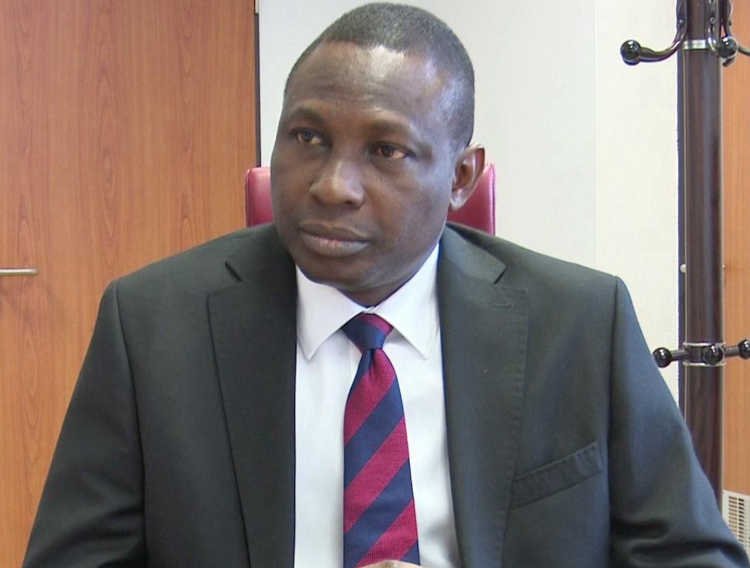As Olanipekun Olukoyede awaits his confirmation as Chairman of the Economic and Financial Crimes Commission (EFCC) by the senate, critical investigations await his resumption.
Development Diaries reports that President Bola Tinubu on 12 October appointed Olukoyede to serve as the EFCC boss for a renewable term of four years.
Olukoyede is a lawyer with more than 22 years of experience working as a regulatory compliance consultant, fraud management expert, and corporate intelligence specialist.
Having previously held the positions of Secretary to the EFCC (2018–2023) and Chief of Staff to the Chairman of the commission (2016–2018), it appears he has a wealth of knowledge of the anti-graft agency’s operations.
However, his appointment has been trailed by controversies. While some are ethnicity-based, others are based on whether his appointment violates the law establishing the anti-corruption agency.
Anyway, what should be of utmost concern here is presenting before the incoming EFCC boss the myriad of pending issues that call for his immediate attention.
Established in 2003 to look into financial crimes such as money laundering and advance fee fraud, the EFCC showed increasing success in combating crime under the direction of former head, Abdulrasheed Bawa, reaching a high in 2022.
But while the anti-graft agency has been successful in prosecuting ‘small-time criminals’, those with political ties have consistently escaped punishment.
Also, officers of the anti-graft agency became notorious for breaking into people’s homes under the guise of pursuing criminals.
The commission has numerous active corruption cases in court against several well-known people, and the incoming chairman should be aware of all these.
Some of these cases include that of the former Accountant-General of the Federation, Ahmed Idris, who was allegedly involved in an N80 billion fraud; the ex-governor of Ekiti State, Ayodele Fayose, who is facing a N6.9 billion money-laundering trial; and former head of the Nigerian Maritime Administration and Safety Agency (NIMASA), Patrick Akpobolokemi.
Corruption has found a conducive environment in Nigeria because those who have stolen public funds are accorded high honours instead of being prosecuted accordingly.
Another issue Olukoyede needs to look into is an investigation into the time of Hadi Sirika as Minister of Aviation, specifically looking at his role in the unveiling of the nation’s carrier which was discovered to still be in active service of Ethiopia Airlines, and all the unaccounted funds put into the project.
Finally, Nigeria dropped from 154 to 150 on the list of 175 nations in Transparency International’s 2022 Corruption Perception Index.
That should worry the incoming EFCC chairman and the Nigerian government.
Development Diaries calls on the incoming EFCC chairman to put efforts into prosecuting everyone involved in financial crimes, whether politically connected or not, in order to advance Nigeria’s fight against corruption generally.
Photo source: EFCC






